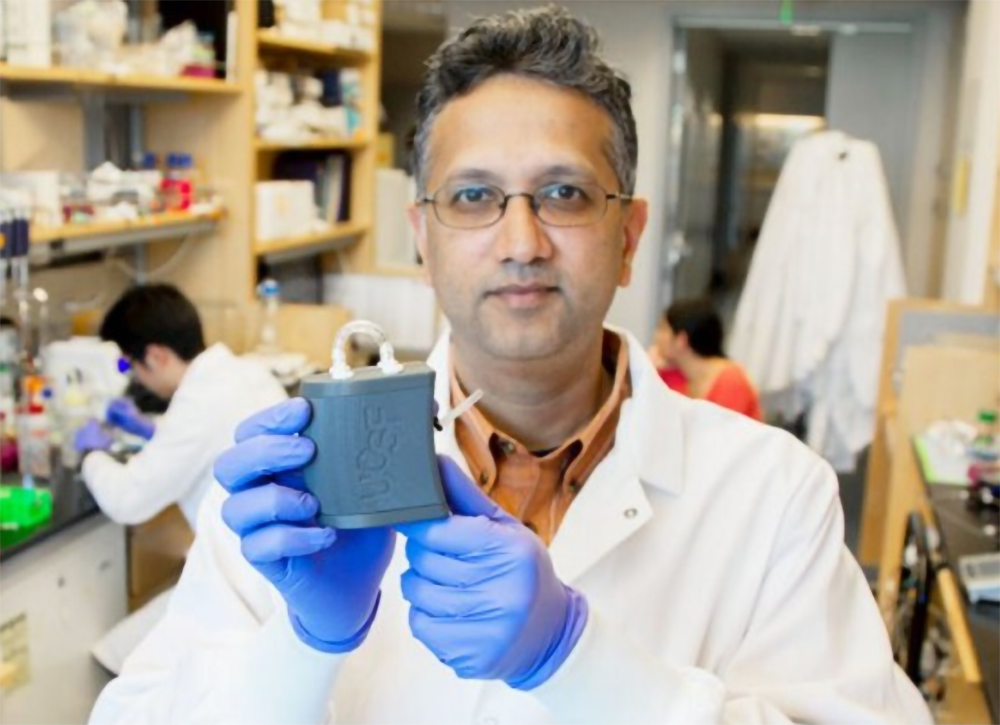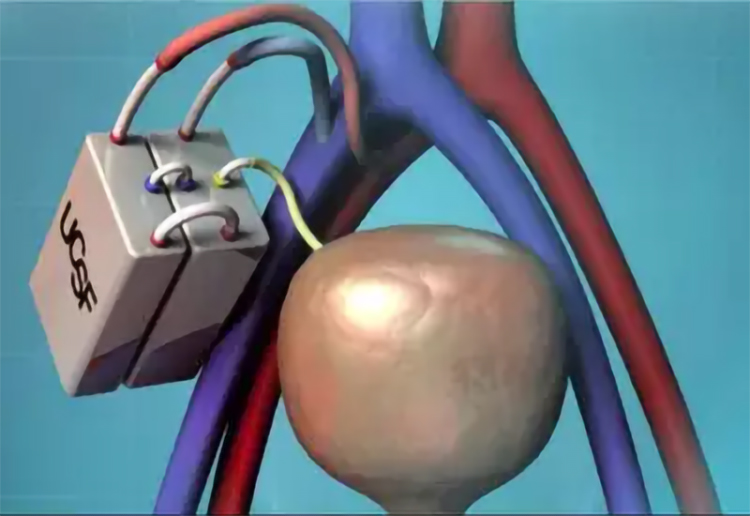An Artificial and Implantable Kidney May Soon be Available

Kidney disease (chronic kidney disease), is one of the killer diseases in the United States. According to the National Kidney Foundation, about 37 million Americans have kidney disease. However, about 90% of the people surveyed are unaware that they have kidney disease. It was the 8th leading cause of death in 2019. This is especially alarming. Covid-19 targets patients with this disease, making it the #1 underlying cause of death of Covid-19 patients in 2020. They released the data in 2021.
Dialysis treatment
Based on the data available on the National Kidney Foundation website, about 500,000 people received dialysis treatment in 2018. In the same year, nearly 786,000 Americans suffered kidney failure and needed kidney transplants or dialysis. Close to half a million patients received dialysis treatment at least three times a week.
When the kidneys fail, the only solution is to have a kidney transplant. However, kidney donors are hard to find, and the waiting list is getting longer.
The alternative is to undergo dialysis treatment. There are two types of dialysis. One is hemodialysis, where a machine pumps the patient’s blood to an external unit that filters the blood before pumping it back to the patient’s body. The regular schedule is three times a week. A session lasts from three to five hours at a dialysis center.
The other type is peritoneal dialysis. A permanent tube in the patient’s abdomen processes the waste exchange. While the patient does not need to travel to a dialysis center, it requires regular home treatment.
Dialysis is both inconvenient and exhausting. It is expensive. On average, it costs about $90,000 per patient, per year. It will cost about $50,000 to $100,000 if a patient has kidney transplant surgery.
A kidney transplant surgery runs $50,000 to $100,000.
New hope
The 40-man team of scientists and researchers at the University of California San Francisco (UCSF) are busy working on their device–an artificial kidney that will hopefully replace the dialysis machine. The device will be a permanent implant.

The composition of the development team is quite impressive. The team comprises several experts in nephrology, transplant surgery, biomaterials, pharmacotherapy, chemical engineering, mechanical engineering, immunology, and cell biology.
The artificial kidney they are working on is implantable. They reduced the size of a dialysis machine into a device that is as small as a deck of cards.
The artificial kidney shows very good promise, prompting the U.S. Food and Drug Administration to select it as one project for a special fast-track approval.
In the artificial device, the developers created two sides. On one side, the blood will pass through a silicon filter to clean it. The scientists said the process would create an ultrafiltrate.
This filtrate will move to the device’s other side. Actual kidney cells will reabsorb the salts, sugars, and water back into the patient’s bloodstream. The process mimics a water-balancing and metabolic role of a real kidney, a process that a dialysis machine cannot perform.
According to the developers, they believe the patient will not reject the artificial kidney. They separate the actual kidney cells from the patient’s immune components in their blood.
The Kidney Project
The development of the artificial kidney is part of the Kidney Project, a national research program whose goal is to develop an independent, miniature, surgically implanted bio-artificial kidney. The program aims to provide a long-lasting solution in the treatment of kidney failure. It’s base is the Kidney Project at the UCSF.
The Executive Order on Advancing American Kidney Health asked the team of UCSF to develop a bio-artificial kidney in July 2019. Their national goals include improving kidney care and providing new treatment options for kidney failure.
The team already announced last year that they have successfully implanted their prototype bio-artificial kidney with functional human kidney cells into test pigs. They achieved an important milestone. The device did not cause blood clots or trigger an immune reaction.
There are still some things to refine in the device. But the developers continue conducting trials on large animals. Likewise, they need additional funding, but the researchers are confident that they will be ready to do human clinical trials in the latter part of 2021.
Technology truly helps the medical field. With the advancements in technology and the dedication of scientists and researchers, the world can expect more tech devices that can help many patients, like the electronic skin or the artificial eye.